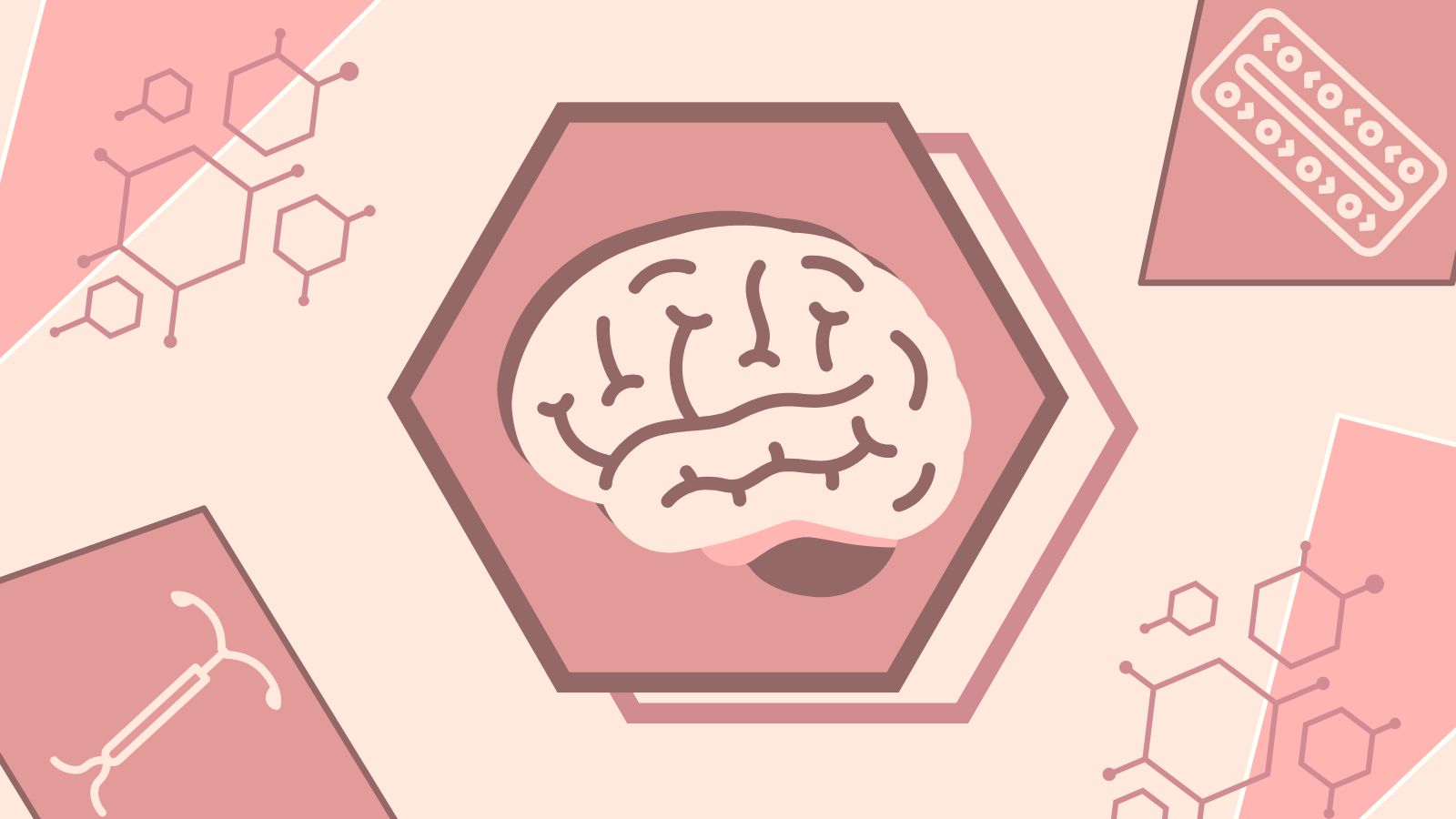Mind the Gap: Hormonal Contraceptives and Brain Health
Mind the Gap: Hormonal Contraceptives and Brain Health—Symposium 1: Imaging the Brain on Hormonal Contraceptives
October 26, 2022, 10:00 am to 11:45 am

This symposium is part of our virtual "Mind the Gap: Hormonal Contraceptives and Brain Health" series, which brings attention to the brain health issues that women+ face and encourage the medical, scientific and commercial communities to address them. In this session, we will hear from three renowned speakers who will discuss pertinent topics related to the effects of hormonal contraceptives on brain structure and function. Attendees will also get a chance to join the conversation during a Q&A period to close the session. Dr. Nafissa Ismail will moderate the event and facilitate conversation.
Agendahormoanl
10:00-10:05—Welcome Remarks
10:05-10:30—Speaker 1: Dr. Caitlin Taylor, University of California (SB), Santa Barbara, California, USA
10:30-10:55—Speaker 2: Dr. Michael L. Lipton, Einstein College of Medicine, New York, USA
10:55-11:20—Speaker 3: Dr. Nafissa Ismail, University of Ottawa, Ottawa, Ontario
11:20-11:45—Q&A
Individual Event Cost
General Public: $15
Students: $10
We offer you the option of registering for individual events or signing up for the entire series. Video recordings of our conference sessions will be sent to all registrants following each event. Register for this individual event below.
Speaker | Bios |

| Dr. Nafissa Ismail Talk Title: The Effects of Pubertal Exposure to Oral Contraceptives on Brain Structure and Function Bio: Dr. Nafissa Ismail is a Full Professor at the School of Psychology at the University of Ottawa and the holder of a University Research Chair in Stress and Mental Health. She obtained her PhD from Concordia University in 2009. She then completed a post-doctoral fellowship at the University of Massachusetts and joined the University of Ottawa in 2012. Her research expertise is in Neuroimmunology and Neuroendocrinology. She was awarded Young Researcher of Year by the University of Ottawa in 2017, the Early Researcher Award by the province of Ontario in 2018, and was also awarded the prize for activity in the media and in the community 2021 by the Faculty of Social Sciences. She is also a member of the Global Young Academy and she has been elected to the College of New Scholars, Artists and Scientists of the Royal Society of Canada as of this year. |

| Dr. Caitlin Taylor Talk Title: Striatal Dopamine Synthesis and Cognitive Flexibility Differ Between Hormonal Contraceptive Users and Non-user Bio: Dr. Caitlin Taylor received her B.S. in Psychology and B.A. in French from Indiana University-Bloomington, and her PhD in Neuroscience from Georgetown University. Dr. Taylor's graduate work focused on investigating age- and experience-dependent modulation of coherent visual motion processing using functional magnetic resonance imaging (MRI). As a postdoctoral fellow in the Jacobs Lab, Dr. Taylor uses MRI to investigate the effects of oral contraceptive use on the brain, as well to study the effects of sex hormones on the hippocampus. She is the recipient of a 2018 SAGE Junior Fellowship and the 2019 Harvey L. Karp Discovery Award. Outside of the lab, she is interested in sharing her love of science through science education and outreach. |

| Dr. Michael Lipton Talk Title: OCP Effects on Hypothalamus: Clues and Limitations Bio: Dr. Lipton, a neuroradiologist and neuroscientist, is Professor in the Gruss Magnetic Resonance Research Center, Department of Radiology at Albert Einstein College of Medicine as well as Medical Director of MRI Services at its University Hospital, Montefiore Medical Center, both in New York. He divides his professional time between the clinical practice of neuroradiology, teaching and research. Dr. Lipton’s translational research broadly seeks to characterize brain mechanisms linking environmental exposures to brain dysfunction and to understand how these relationships are modified by individual characteristics, such as sex and genes. His research program currently applies MRI to characterize brain microstructure and function in the contexts of repeated head impacts in sports as well as SARS-CoV-2 infection and aging. Dr. Lipton’s work on the impact of “heading” on brain structure and function in amateur soccer players, funded by the Dana Foundation and the National Institutes of Health, has received extensive worldwide scientific and lay-press attention. |